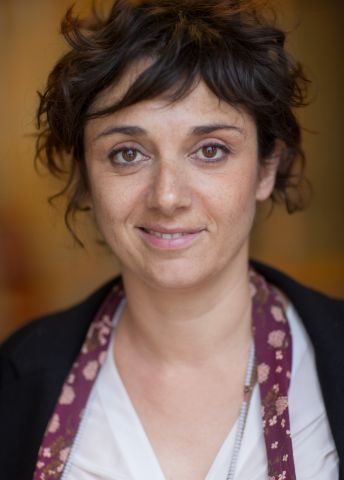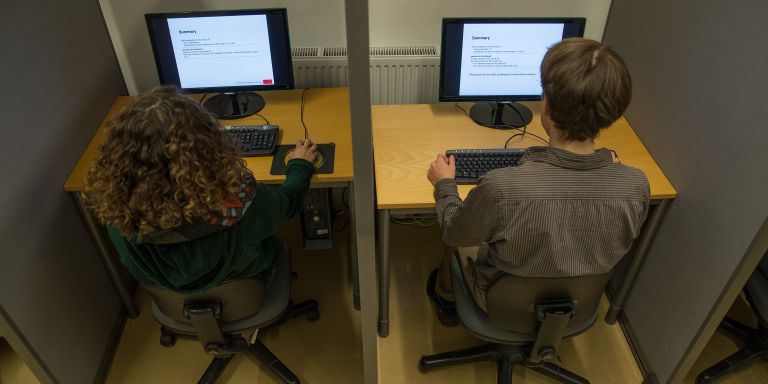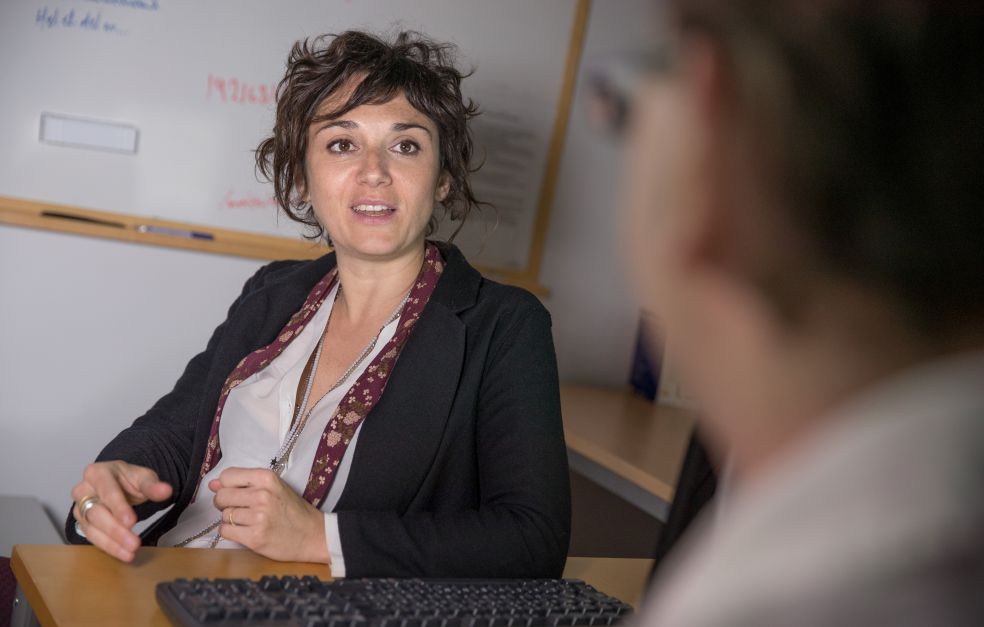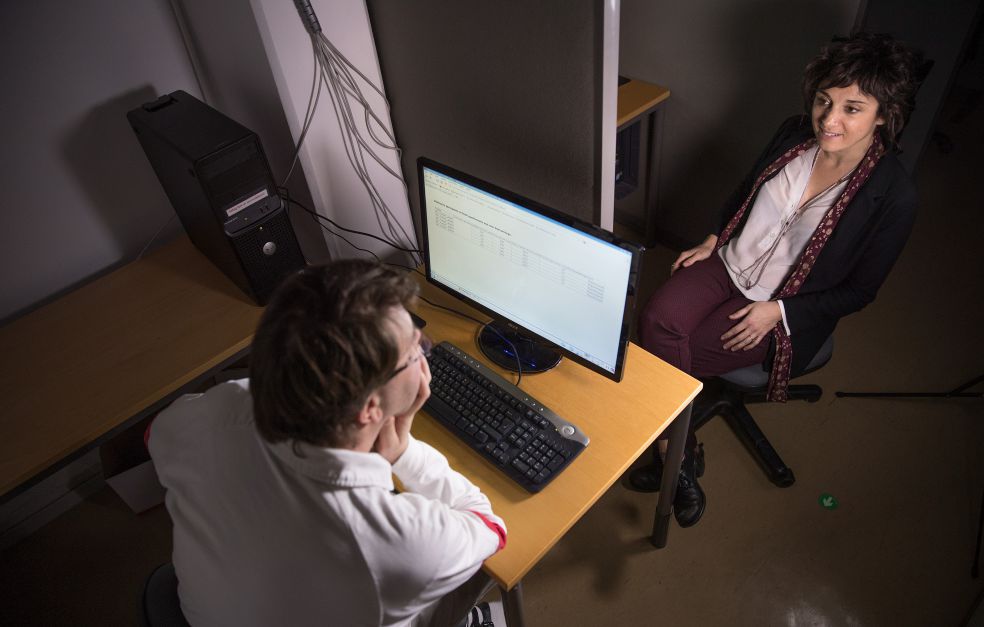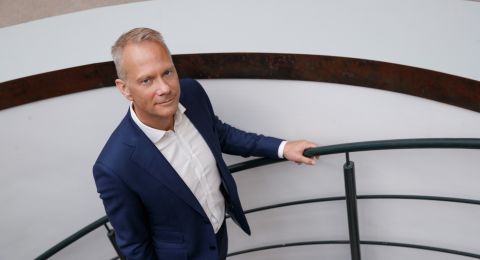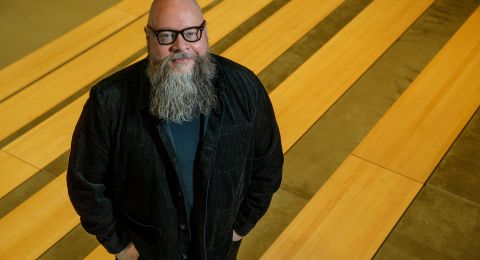Social norms are the glue that holds society and people together. But how can we change poor, destructive norms? Giulia Andrighetto is using theory and experiments in her search for new knowledge. Among other places, her research has taken her to Sicily, home of the Mafia, where she is studying the part played by social norms in the protection racket.
Giulia Andrighetto
PhD in Philosophy
Wallenberg Academy Fellow 2016
Institution:
Mälardalen University
Research field:
Studies of the nature and dynamics of social norms, including research into the reasons why socially undesirable norms survive, and factors causing shifts in social norms. The aim is to build well-founded models for how norms are created and spread.
Andrighetto explains that social norms are informal rules governing human behavior, and are so fundamental that they are sometimes referred to as the “grammar of society”. She has been chosen as a Wallenberg Academy Fellow, and works at Mälardalen University. Social norms exist in all cultures, and tell us what we should or should not do. They cover everything from how we should dress, and how to greet each other, to how to fulfill major collective responsibilities, such as management of local water resources.
“One interesting dimension is that we are very good at recognizing social norms, even when we meet a new culture. It’s as though we have a built-in norm detector of some kind.”
There are often inherent tensions in a society, such as that between self-interest and the interests of the group. Social norms provide guidance on how to resolve a problem.
“Perhaps the individual wants to use the water in the well without having to contribute. This is less beneficial for the community as a whole. Social norms are often used to resolve dilemmas. Each individual is under pressure to contribute to the general good.
Norms more effective than laws?
Social influence has been found to be a key factor in changing human behavior in a wide variety of contexts.
“It may be a question of getting people to stop smoking in public places, or behaving in a more environmentally friendly way. These are areas where social norms sometimes have a greater impact than passing new laws.”
The breach of prevailing social norms may have unpleasant consequences in the form of informal punishment, such as negative gossip and ostracism. But values sometimes change, and new norms develop. Andrighetto’s research aims to identify the mechanisms underlying these shifts, not least to understand how poor and socially undesirable norms can be changed. These include norms that accept child marriage, violence towards women, corruption, bribery and protection rackets.
“The law falls short when certain behaviors are fostered by deeply rooted social norms. Those norms must also change in order to make a real difference.”
Virtual experiments
To get to the innermost essence of norms Andrighetto is basing her research on two pillars: cognitive science and social studies.
“An interdisciplinary approach is needed. This is something I’ve learnt and practiced at a number of respected institutions in the field of social and cognitive science.”
She is combining various methods and tools from cognitive science, behavioral science and computational social science. Experiments play a central role, including simulations, virtual games in which subjects, individually or as a group, are faced with various dilemmas concerning the climate or economy, for example.
She is looking for the link between the cognitive mechanisms and human social interaction – between the senses and the social word.
“To understand how a social norm develops, you must also realize that there has been a change in human expectations about how others behave and should behave, and that the change may impact your social interaction.”
“It is really encouraging that the Wallenberg Foundation has shown such a genuine interest in my research topics. I have never before experienced such a sense of freedom as a researcher. I will now be able to put together a team, supervise students and conduct research on my favorite subject.”
Case study in Sicily
Andrighetto’s research has taken her to Italy, her home country. The Sicilian Mafia has long extorted money from businesses in a protection racket known as pizzo. One explanation usually given for the continuing existence of the phenomenon has been that victims have not wanted to face the risk of punishment. But this is not the whole truth, as Andrighetto explains:
“They have also felt social pressure to pay from those around them. It might sound strange, but when interviewed on TV, a bar-owner who had just opened a bar outside Palermo explained that when he refused to pay the Mafia, people stopped coming to his bar. The community punished him because they thought he should have done the right thing, and paid up.”
There is thus a social component in the protection racket, which a non-profit organization called Addiopizzo has also identified. They want to benefit from the insight that the phenomenon cannot be eradicated before there is a change in underlying social norms. Since the turn of the millennium they have developed various strategies, including visual certification – a decal placed at the entrance to stores and bars that refuse to pay the Mafia. The organization also offers moral and legal support to business people.
“The spread of these decals has become a visible feature in towns and cities, and a way to trace shifts in social norms. I am now combining these data with experiments to test my hypotheses, so I can establish a more general model of the inner dynamics of the norms. The case study is a small one, but it can nonetheless provide interesting information about other real-life situations.”
Text Nils Johan Tjärnlund
Translation Maxwell Arding
Photo Magnus Bergström
